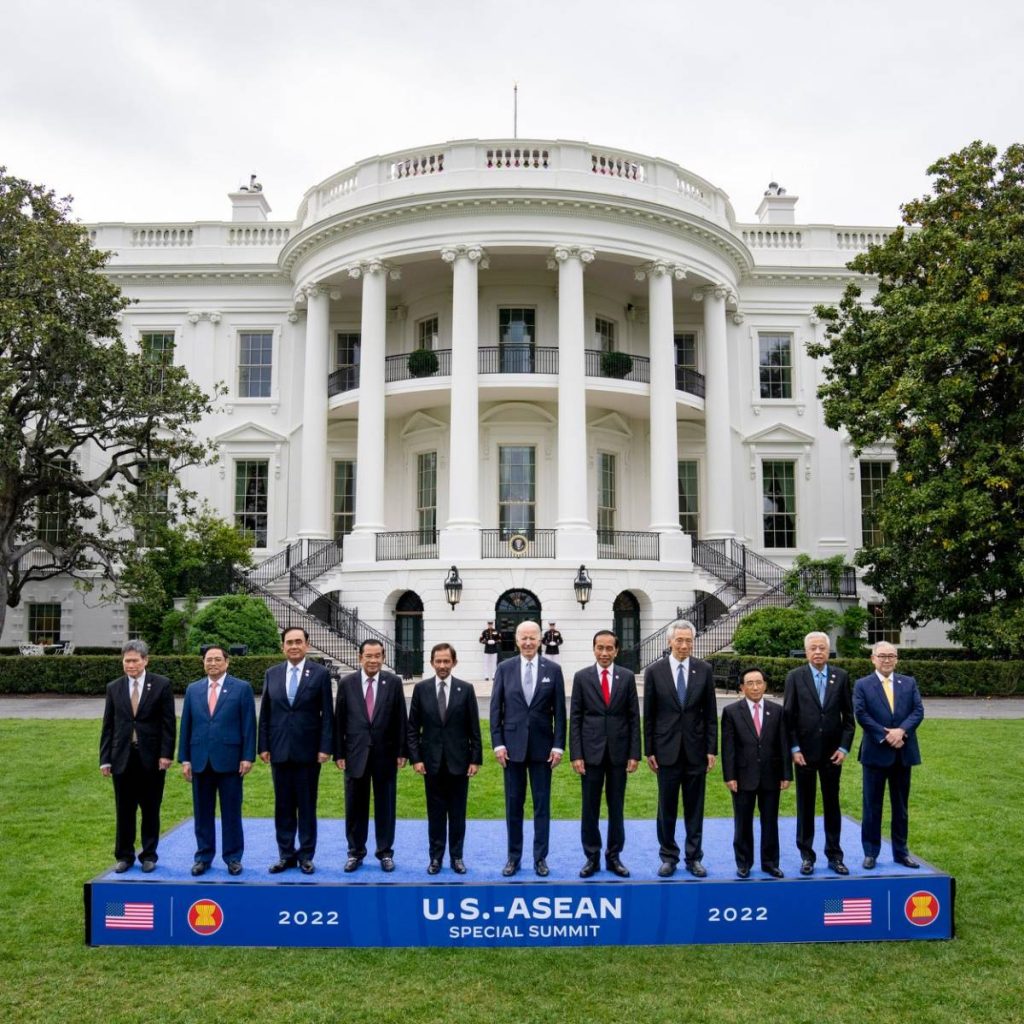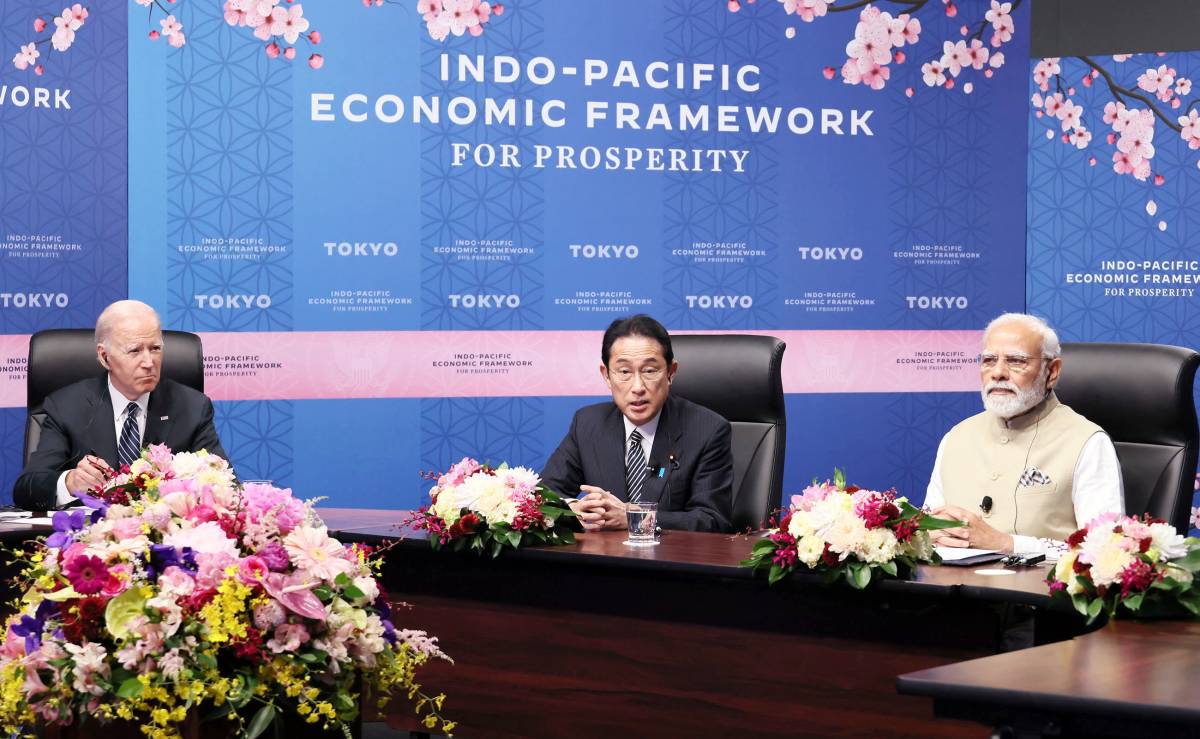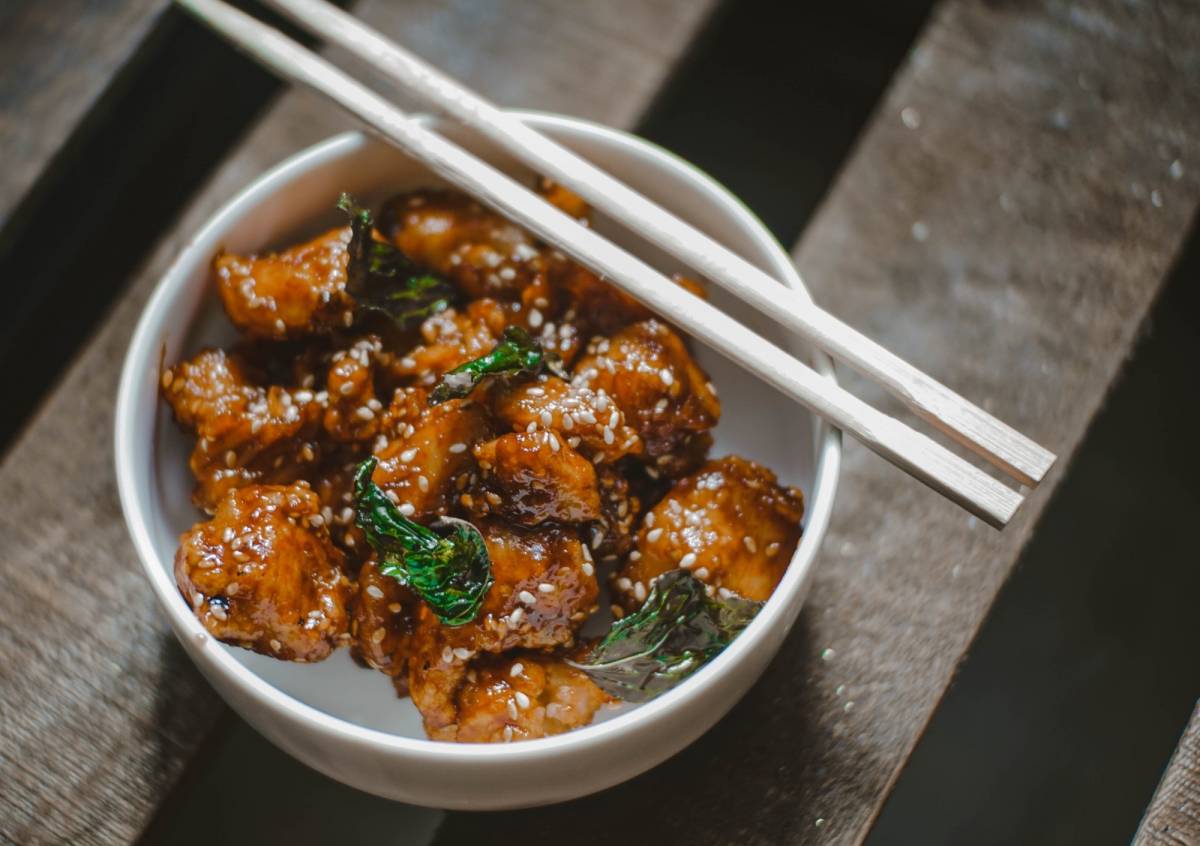The visit of the American President to South Korea and Japan was an important step to ensure that the USA maintained its technological edge over China.
The initiative by US President Joe Biden in South East Asia has checkmated Beijing in the Indo-Pacific, both militarily and economically, and further isolated China among its neighbours who are members of the ASEAN.
In a series of diplomatic moves, the American President first had a meeting with leaders of the ASEAN in Washington in May 2022, and then later in the month visited South Korea and Japan where he launched the Indo-Pacific Economic Framework; that has been designed as the economic arm of America’s initiative in the Indo-Pacific.
President Biden also chaired in Tokyo a summit meeting of the leaders of Quadrilateral Security Dialogue, the alliance between Japan, Australia, India and the US, that has been formed to challenge China’s growing assertiveness in the Indo-Pacific. In Seoul, the US President was assured of greater co-operation of South Korea for Quad.

In the process, he has reaffirmed the American support for ASEAN; the bloc of 10 countries that was formed in 1967 with five members — Indonesia, Malaysia, the Philippines, Singapore and Thailand — to contain the growing Chinese influence in South East Asia.
China’s relation with ASEAN has been antagonistic; historically China had considered ASEAN as a grouping of nations designed to encircle it. Brunei joined ASEAN in 1984, Vietnam in 1995, Laos and Myanmar in 1997 and Cambodia in 1999.
Besides promotion of trade among themselves, one important area of co-operation of ASEAN was joint research and technical co-operation among the member governments.
ASEAN has since emerged as a leading voice on regional security issues as well. In July 1992, the ASEAN foreign ministers signed the ASEAN Declaration on the South China Sea in Manila; calling for the exercise of restraint by involved parties, and co-operation in areas of mutual interest.
In July 2012, ASEAN foreign ministers issued a joint statement on six-point principles on the South China Sea and called for self-restraint and peaceful resolution of disputes.
Resolving disputes among the member countries being one of the main aims of ASEAN, the grouping can be an important bulwark to protect rule-based order in the Indo-Pacific; which Washington wants to uphold to protect this region from Beijing predatory swoops.
Four of the 10 member states of ASEAN — Vietnam, the Philippines, Malaysia and Indonesia — have an ongoing territorial dispute with China in the South China Sea.
China wants full control of the South China Sea to dominate the major trade and oil routes. Observers have said that one purpose of President Biden’s latest initiative in Asia was to explore the possibility of Quad working in greater cooperation with South East Asian nations.
ASEAN can play a pivotal role in the Indo-Pacific strategy of the US to contain China.
The principal takeaway of the ASEAN bloc from the Washington meet was some leverage to stand up against China as the centrality of ASEAN to the Indo-Pacific strategy of the USA was once again reaffirmed. The Indo-Pacific Economic Framework (IPEF) that President Joe Biden formed later in the month in Tokyo has provided the ASEAN bloc an economic framework with some concessions and a clearer strategy towards regional security, especially involving the South China Sea, according to analysts.
Seven of the leading ASEAN members, significantly, are also members of the newly formed IPEF; among them Brunei, Indonesia, Malaysia, the Philippines, Singapore, Thailand and Vietnam. The other members of the IPEF are Australia, India, Japan and New Zealand. Three of these countries, together with the USA, form the Quad. The IPEF will thus serve as a bridge between ASEAN and Quad; a grouping that will not be to China’s liking. Predictably, Beijing has reacted with alarm, its principal worry being that the regional economies of South East Asia would now be decoupled from the Chinese economy.
The IPEF would help the US and Asian economies to work more closely in areas of supply chain, digital trade, clean energy, protection to workers and anti- corruption efforts. It has been described as the most significant international economic engagement that the United States ever had in South East Asia that presented the Indo-Pacific countries an alternative to China. Developing a reliable supply chain in this region independent of the Chinese economy would help the smaller countries reduce their dependence on Beijing.
The formation of the IPEF was a clear signal that the USA would not cede the mantle of leadership to China and that it had the ability to offer practical solutions to critical problems such as supply chain bottlenecks, the greening of infrastructure and the dissemination of digital technologies that would help in transmission of information and date across borders.
Spokesman of Foreign Ministry of China Wang Wenbin has lamented that IPEF would establish US-led trade rules, restructure the system of supply chains and decouple the regional countries from the Chinese economy.
IPEF excludes China, Laos, Cambodia and Myanmar. Among these countries, Laos and Cambodia are considered too close to China and Myanmar is ruled by a brutal military junta to which Beijing has extended unstinted support.
The IPEF is a strong economic grouping representing, along with the US, 40 per cent of the Gross Domestic Product of the world. Washington in any case now has an edge in its competition with Beijing. In 2022, the American economy is expected to grow at 2.8 per cent; compared to 2 per cent for China where growth has suffered due to the draconian lockdown measures.
The other major factor pulling down the Chinese economy is the rapid fall in prices of real estate, especially in smaller cities of China where property accounts for a substantial part of household wealth. The fall in real estate prices has dampened consumer confidence and affected retail sales of even items like clothing. The myth that China would supplant the US as the leading economy of the world has exploded.
The visit of the American President to South Korea and Japan was an important step to ensure that the USA maintained its technological edge over China.
In his meeting with Joe Biden in Seoul, President of South Korea Yoon Suk-yeol took a sceptical view of China and showed inclination to step up cooperation with Quad and to cooperate with the United States on economic security measures, like investment screening and export control.
A White House statement on Joe Biden’s visit to South Korea said: “Recognizing that scientists, researchers and engineers of the Republic of Korea and the US are among the most innovative in the world, the two Presidents agree to leverage this comparative advantage to protect and promote critical and emerging technologies; including leading-edge semiconductors, eco-friendly EV batteries, artificial intelligence, quantum technology, biotechnology and autonomous robotics.”
Japan, too, has adopted a defensive economic statecraft against China, agreeing with the US President during his stopover in Tokyo to develop and guard the emerging technologies and increase resilience of critical infrastructure and supply chain.
In view of the growing assertiveness of China in the Indo-Pacific and the military threat it is posing to the neighbouring countries, it has become important to prevent critical technologies from falling into the hands of China.
Developing a reliable supply chain independent of China and protecting the critical technologies from falling into its hands are also the cornerstones of the B3W (Build Back Better World) initiative of the G-7 countries.
In the midst of this economic initiative taken during Joe Biden’s Asia visit to challenge the dominant attitude of China, what has come as a shock to Beijing is the assertion of the US President that America would intervene militarily if China were to invade Taiwan.
“We agreed with the One China policy, but the idea that it (Taiwan) can be taken by force is just not appropriate,” he said.
The burden to protect Taiwan was “even stronger” after Russia’s invasion of Ukraine. The American President made it no secret that the sanctions against Russia for invading Ukraine would send China a warning against invading Taiwan, that such action was unacceptable.
Though the main focus of the Asian initiative of the US President was to build an alternative for the South East Asian countries to face the growing economic might of China, there was also emphasis on ensuring a rule-based order in the Indo-Pacific that could stand up to the bullying tactics of Beijing.
ALSO READ: Experts open up on India’s GDP figures
At a time when Beijing is increasingly challenging democratic values, the leaders of Australia, Japan, India and the US at the second in-person meeting of Quad leaders firmly opposed any provocative or unilateral attempt to change the status quo.
A joint statement was issued from the Quad summit, saying: “We strongly oppose any coercive, provocative or unilateral actions that seek to change the status quo and increase tensions in the area, such as the militarization of disputed features, the dangerous use of coast guard vessels and maritime militia, and efforts to disrupt other countries’ offshore resource exploitation activities.”
The reference is clear, the coercive activities China is undertaking in the South China Sea to the detriment of the other littoral countries of the area. Beijing has also built artificial islands and military installations in the South China Sea.
“Quad will champion adherence to international law, particularly as reflected in the UN Convention on the Law of the Seas, and the maintenance of freedom of navigation and overflight, to meet challenges to the maritime rule-based order, including in the East and South China Seas,” the joint statement said.








